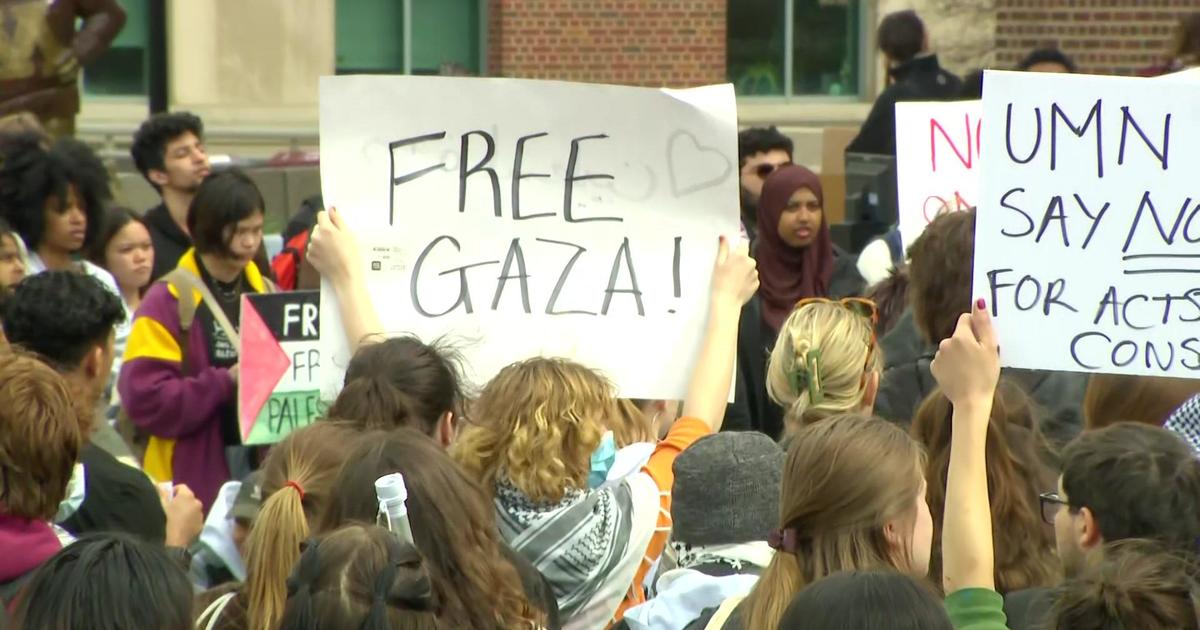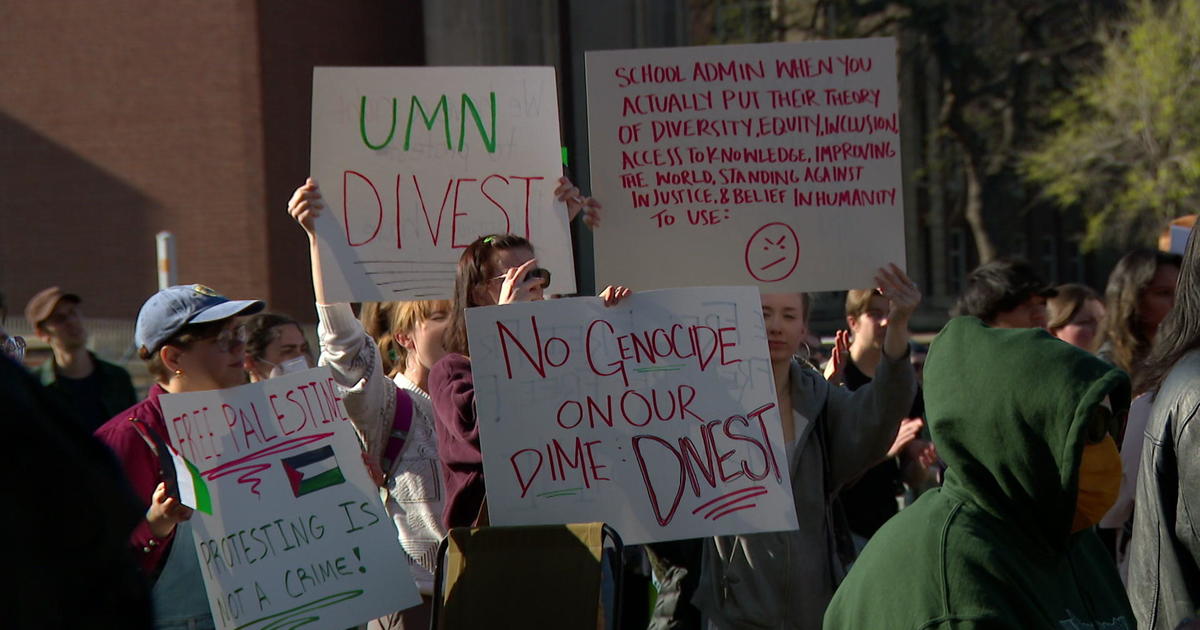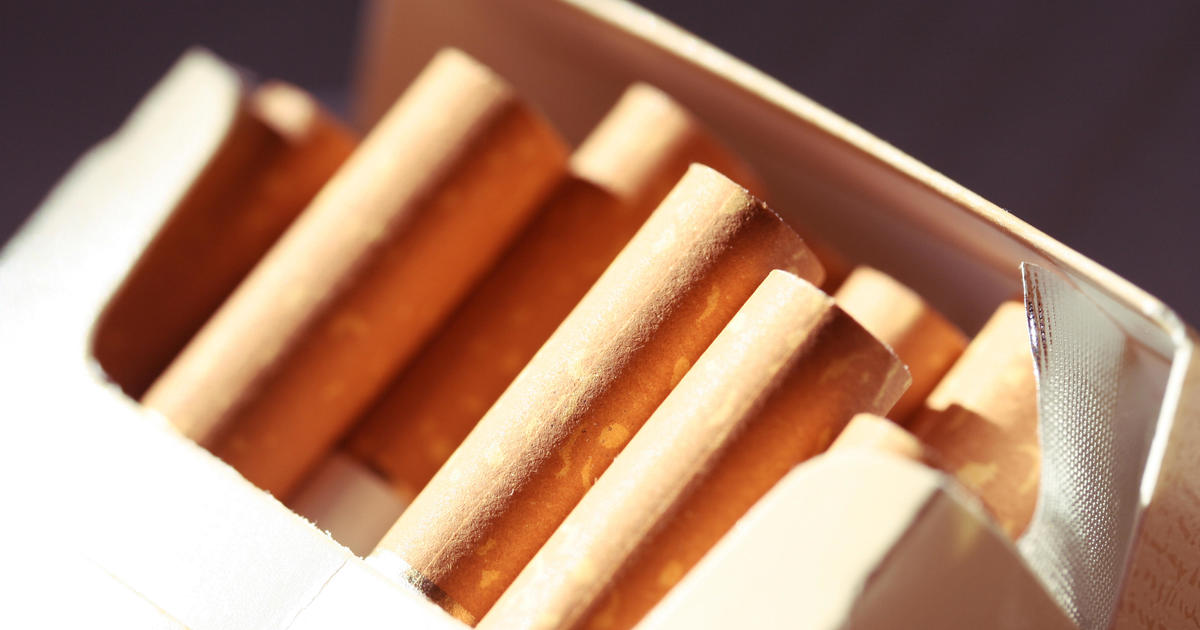Stimulus Package Update: What Happens To The Economy Without A Second Stimulus?
(CBS Philadelphia) -- Talk of a second stimulus package has been bouncing around the halls of Congress for months. But nothing has come to fruition, aside from pronouncements and posturing.
The last week has been especially busy in that regard. Since last Tuesday, the Trump administration has postponed negotiations until after the election, supported targeted aid in the form of stimulus checks, airline industry bailouts and new small businesses loans and, most recently, urged Congress to "Go big or go home!!!"
The Democrats remain largely behind their $2.2 trillion plan. The Republicans continue to balk at what they consider too high of a price tag for economic relief. But Tuesday, in a new wrinkle, Senate Majority Leader Mitch McConnell said the Senate will vote on a smaller economic relief bill when it returns October 19. That bill will likely check in at around $500 billion and include more funding for the Paycheck Protection Program. It will also likely be rejected by House Speaker Nancy Pelosi, who continues to resist a piecemeal approach to addressing the economic fallout from COVID-19.
In short, nothing is likely to change on the stimulus front in the few weeks leading up to the November 3 election. The economy probably won't be receiving another round of stimulus.
Meanwhile, the COVID-19 pandemic continues unabated in large parts of the country, with over 215,000 Americans confirmed dead from virus. Cases are rising toward the long-predicted seasonal spike as the weather cools and people spend more time inside.
With the virus unchecked, the economy remains far below its pre-COVID standing. Even with the modest growth promoted by the CARES Act, which has since leveled off, the threat of a double-dip recession looms large. Job growth is slowing, and layoffs are rising. Airlines alone started to furlough thousands of employees earlier this month.
"[The economy] is sort of hanging in there for now," says Yeva Nersisyan, Associate Professor of Economics at Franklin & Marshall College. "The unemployment rate has come down. But at the same time, labor force participation rate, which is basically measuring the percentage of people who are eligible to be working, who are actually either working or looking for work, that number is down from the February numbers."
February is the last full month before the pandemic began to shut down large parts of the economy, forcing millions out of work. Then, the unemployment rate was 3.5 percent. By April, it would spike to 14.7 percent. By September, it had fallen to 7.9 percent, which is an improvement, but still doesn't suggest a healthy job market.
"And things are not looking up for small businesses," Nersisyan continues. "A lot of them will probably close permanently. A lot of job losses have become permanent. I think about 2.5 million of the job losers are permanent job losers compared to February numbers. So that's not looking good for now."
Another dip in the economy would damage businesses and unemployed Americans far beyond what we've seen so far. Additional stimulus could prevent or delay further damage. But Democrats and Republicans remain divided on how much stimulus is necessary and how it should be doled out. Meanwhile, households and the economy are incurring damage from their inaction.
"Without [more stimulus], things are probably going to either get worse, or we're going to travel along at this high unemployment rate for quite a while," says Nersisyan. "So having something like what we had after the Great Recession, maybe even worse, because of the social distancing requirements and what that does to the economy."
Another factor to consider is that unemployment benefits will start to run out for millions of people. "So we hear a lot about the extra $600," Nersisyan notes. "Are people going to get it, or is Congress going to do it or not? But a more important question is whether we will extend the period over which people can collect unemployment. It depends on the state. From 13 to 26 weeks, that's how long unemployed people can collect unemployment. And for many of them, I think, by the end of the year, it's going to run out. For those that it doesn't, maybe early next spring, that's when it's going to run out."
Without an extension to unemployment benefit, people would receive nothing. "After the Great Recession, for example, Congress acted a few times to extend the unemployment benefits," Nersisyan recalls. "So people could collect them for a longer period of time, because the unemployment rate was very high for quite a while. So they need to do something like that."
State and local governments are also in big trouble. To operate, they depend on revenue from sales and property taxes. But every state, except Vermont, has to balance its budget. "Well, sales tax revenues are falling [and] property tax revenue will probably be affected as well," says Nersisyan. "So then their revenues are falling. They're going to start laying off people, cutting services... education, policing, firefighters, those kind of services that state and local governments provide. There are also a lot of contractors that typically work for state and local governments, through the infrastructure projects and the like. And they're probably not going to have those projects, either."
Without another round of stimulus, a double-dip recession is likely unavoidable. "What happens in a recession is spending goes down," says Nersisyan. "Firms stop investing. Investment is an expenditure, it's basically one firm buying equipment from another firm. That's paying the wages of those workers. It's paying for raw materials."
And then consumption follows. But what if it doesn't?
"If there's not a lot of investment, there are not a lot of orders for equipment," Nersisyan continues. "Then the company producing that equipment will probably cut back on production and lay off workers. So these workers stop consuming. And then they were buying lunches and groceries and so on. So, these other businesses get affected, and you have this ripple effect throughout the economy."
In recent months, spending made possible by stimulus checks, unemployment benefits and paycheck protection had been propping up the economy. "But once those run out, that private sector spending is going to go down," Nersisyan says. "So, if there's no unemployment benefits, then the people who were relied on to consume, they're going to consume a lot less. And that then means firms who were selling them output will get a lot less revenue. They'll start firing workers and so on. It becomes a vicious cycle, basically."



